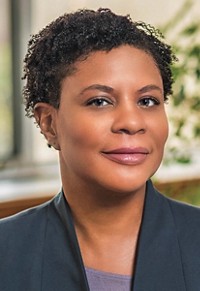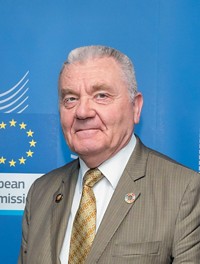Advertisement
Grab your lab coat. Let's get started
Welcome!
Welcome!
Create an account below to get 6 C&EN articles per month, receive newsletters and more - all free.
It seems this is your first time logging in online. Please enter the following information to continue.
As an ACS member you automatically get access to this site. All we need is few more details to create your reading experience.
Not you? Sign in with a different account.
Not you? Sign in with a different account.
ERROR 1
ERROR 1
ERROR 2
ERROR 2
ERROR 2
ERROR 2
ERROR 2
Password and Confirm password must match.
If you have an ACS member number, please enter it here so we can link this account to your membership. (optional)
ERROR 2
ACS values your privacy. By submitting your information, you are gaining access to C&EN and subscribing to our weekly newsletter. We use the information you provide to make your reading experience better, and we will never sell your data to third party members.
Policy
European Research Council President Steps Down
Funding: Fotis C. Kafatos resigns from granting agency
by Sarah Everts
January 25, 2010
The founding president of the European Research Council, Fotis C. Kafatos, announced he will give up his position at the agency. Established in 2005, the ERC has a $10 billion budget over six years (2007–2013) for supporting research and investigators in Europe based solely on scientific merit, not on politics, economics, or geography.
Kafatos leaves the scientific arm of the ERC as the agency responds to a report released last summer that slammed the executive arm of the ERC for an "obsolete" management style that caused "conflict and frustration" and was too closely tied to the European Commission. Kafatos, who was previously director-general of the European Molecular Biology Laboratory in Heidelberg, Germany, will move to Imperial College, London, to "devote more time to my research laboratory," where he studies immunogenetics, he wrote in a statement.
Kafotos will be remembered for "really getting the ERC going," and for "defending and explaining" the need for the ERC to the European Commission and other stakeholders, says Ernst Ludwig Winnacker, former secretary-general for the ERC and currently secretary general of the Human Frontier Science Program, an international support program for research and training at the frontier of the life sciences.
Scientific strategy and methodology for the ERC is developed by the Scientific Council, which is led by the ERC president and is independent of the European Commission. The day-to-day administration of the funding is left to the executive arm, which is part of the European Commission. Having part of ERC closely tied to a political body is something the independent review committee last year called "the original sin," because it prevents ERC from being entirely autonomous from the commission and its politics.
The next ERC president, who will be elected from the members of the Scientific Council, will need to continue pushing for more independence of ERC from the European Commission, Winnacker notes.






Join the conversation
Contact the reporter
Submit a Letter to the Editor for publication
Engage with us on Twitter